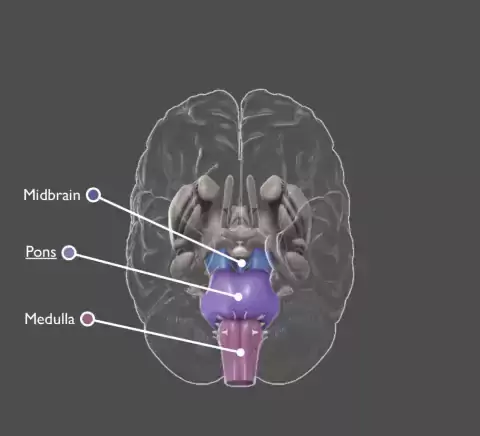MDS Item H0200C, Urinary Toileting Program: Current Program/Trial
MDS Item H0200C – Urinary Toileting Program: Current Program/Trial
Introduction
Urinary incontinence management is a key focus in long-term care, with resident-centered urinary toileting programs providing significant benefits. MDS Item H0200C assesses whether a resident is currently participating in or undergoing a trial of a urinary toileting program. Accurately documenting such programs helps ensure residents receive the care necessary to improve continence and overall well-being.
What is MDS Item H0200C?
MDS Item H0200C identifies whether the resident is actively engaged in a current urinary toileting program or trial during the seven-day observation period. A toileting program includes scheduled toileting, prompted voiding, or bladder training that helps reduce incontinence episodes and supports resident dignity and comfort.
Guidelines for Coding H0200C
- Code 0: No, if the resident is not currently enrolled in a urinary toileting program or has not undergone a trial during the seven-day look-back period.
- Code 1: Yes, if the resident is actively participating in a current urinary toileting program or undergoing a trial that lasted at least 4 of the 7 days during the observation period.
Instructions:
- Review the resident’s care plan and medical records to confirm participation in an active urinary toileting program or trial.
- Ensure the program or trial is formalized and documented, not just casual assistance with toileting.
Example Scenario:
Resident D has been enrolled in a urinary toileting program for the past 5 days, with scheduled voiding at regular intervals. Code 1 for H0200C to reflect the current participation in a toileting program.
Best Practices for Accurate Coding
- Documentation: Ensure thorough documentation of the program, including frequency, type, and response to toileting efforts.
- Communication: Ensure all care team members are aware of the resident’s program, supporting consistent and coordinated care.
- Training: Educate staff on the importance of formalized urinary toileting programs and the documentation required for MDS reporting.
Conclusion
Coding MDS Item H0200C correctly ensures accurate documentation of the resident's current urinary toileting program. This information is crucial for evaluating the effectiveness of the program and optimizing resident care to reduce incontinence and improve overall quality of life.
Click here to see a detailed Step-by-Step on how to complete this item set.
Reference:
CMS's Long-Term Care Facility Resident Assessment Instrument 3.0 User’s Manual, Version 1.19.1, October 2024, Chapter 3, Page H-8.
Disclaimer:
Please note that the information provided in this guide for MDS 3.0 Item H0200C was originally based on the CMS's Long-Term Care Facility Resident Assessment Instrument 3.0 User’s Manual, Version 1.19.1, October 2024. Every effort will be made to update it to the most current version. The MDS 3.0 Manual is typically updated every October. If there are no changes to the Item Set, there will be no changes to this guide. This guidance is intended to assist healthcare professionals, particularly new nurses or MDS coordinators, in understanding and applying the correct coding procedures for this specific item within MDS 3.0. The guide is not a substitute for professional judgment or the facility’s policies. It is crucial to stay updated with any changes or updates in the MDS 3.0 manual or relevant CMS regulations. The guide does not cover all potential scenarios and should not be used as a sole resource for MDS 3.0 coding. Additionally, this guide refrains from handling personal patient data and does not provide medical or legal advice. Users are responsible for ensuring compliance with all applicable laws and regulations in their respective practices.










